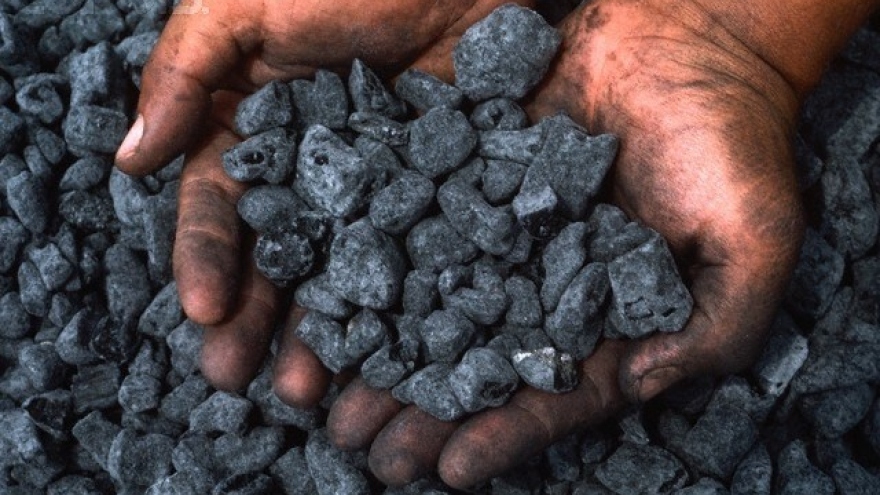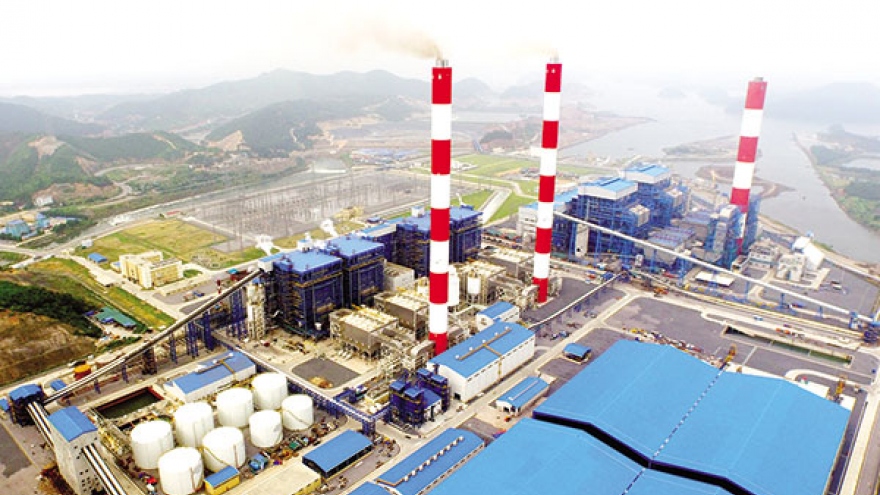Coal to remain vital part of energy mix
As Vietnam plans for its power development over the next decade, coal is set to play an important part in ensuring the country’s energy security.
 |
| GE Steam Power Systems senior sales executive for Asia-Pacific Massimo Gallizioli |
According to the revised Power Development Plan VII, by 2030 the Vietnamese government plans to reduce coal-based power to 56.4 per cent of the country’s total energy mix. Is this goal reasonable in light of Vietnam’s attempts to reduce emissions according to its COP21 commitments?
Not only in Vietnam but also in the whole world, coal power will play an important part in ensuring energy security. Currently, coal power accounts for 40 per cent of the total global power generation capacity. In the next decade, this number might decrease to 30 per cent, but coal will continue to be an important part of the energy mix that ensures reliable generation at a reasonable cost.
As far as I know, the Vietnamese government aims to supply enough electricity to meet the country’s increasing demand, fueled by a GDP growth of over 6 per cent a year. Accordingly, coal power is still going to account for over 40 per cent of the total capacity. In this context, new technologies and solutions should be used in order to increase efficiency and reduce emissions.
GE’s portfolio includes many new technologies that would help increase the efficiency of coal-fired power plants. How can these technologies help Vietnam?
GE technologies can help operators cut costs by using less fuel to produce the same amount of electricity and decrease emissions. For every percentage point increase in efficiency, a 10,000-megawatt (MW) plant reduces its carbon dioxide output by approximately 2% and lowers fuel consumption by 67,000 tonnes of coal a year.
Evidently, the new technologies are going to bring big benefits to operators as well as Vietnam as a whole. GE is working hard to win important projects in Asia, particularly in Vietnam. We commit to working with Vietnam to build a sustainable energy industry.
We do not only provide equipment to newly-built plants, we can also retrofit existing coal-fired plants. Vietnam is one of the markets with the highest demand for energy in the world and is one of the most open to new ideas and solutions.
GE has solutions that can modernise equipment, and digital and analytic solutions that help operators manage their plants better.
Recently the Japanese government proposed helping Vietnam build an ultra-supercritical coal-fired power plant to promote Japanese technology in the country. Does GE have a similar plan to promote its solutions in Vietnam?
GE’s portfolio covers not only coal power plants but all aspects and parts of the energy ecosystem. We work with customers to find the most suitable and efficient solution, and each project of GE is a show of commitment to support the sustainable development of the energy industry in the host country.
Recently, GE announced the handover of the 1,000MW Manjung 4 power plant to Tenaga Nasional Berhad (TNB) in Malaysia, following two years of successful commercial operation. TNB Manjung 4 is Southeast Asia’s first ultra-supercritical coal power plant and the single largest unit in Southeast Asia. It produces enough electricity to power nearly two million households. Using GE’s ultra-supercritical combustion technology, the plant can generate electricity with lower emissions up to 10% more efficiently than the global average of similar power plants.
We hope to contribute more to producing cleaner and smarter power from coal to Southeast Asia in general, and Vietnam in particular.
Does GE have financing solutions to investors of projects that use GE technology?
Financing is one of the topics we very often talk to Vietnamese partners about. GE is committed to supporting Vietnam in reaching its energy target and is ready to help finance its energy infrastructure in the next 10 years, through GE’s access to third-party equity capital and debt financing from export credit agencies, development financing institutions, and other equity providers and commercial banks.



